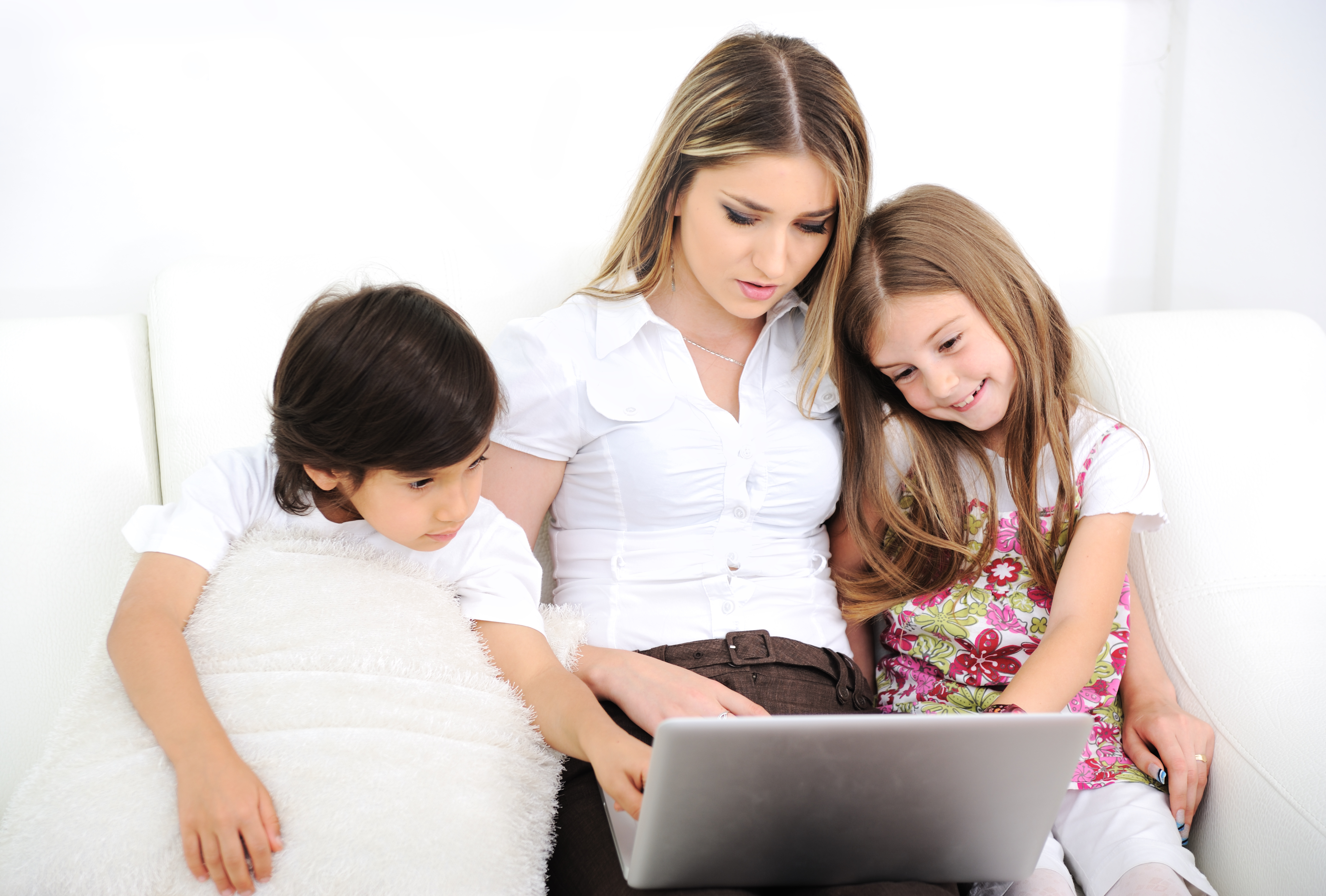
Children today are growing up in an online world, one where computers, tablets, smartphones, the internet, and social media are regular features of daily life. According to Ofcom, the UK communications regulator, 74% of 12-15 year olds who go online have a social media profile. While some social media sites have age requirements, requiring users to be at least 13, this does not stop younger children from creating a profile; 26% of children aged 8-11 who go online have a social media account. Just as we teach children manners and how to interact with others in a face to face setting, we need to take the time to teach them how to interact in a wise and positive manner online.
There are numerous tips and suggestions online about managing social media for children. For this week’s post, I’d like to focus on what I think are the three most important things you can do to help your child lead a healthy life on social media:
Preparation
-
One of the first steps to take when it comes to teaching your child about social media is to educate yourself. Spend time familiarising yourself with social media sites. Create your own profile so you learn how to navigate these sites and are able to identify potential risks. You will then be able to help your child choose an appropriate social media site, and show them how to use social media in a safe and constructive manner.
-
Once you decide on an appropriate social media site, create the profile together. While doing this, make sure that your child registers with their real age. This will ensure that any automatic age based safeguards will take effect.
Privacy
-
Take the time to walk through your child’s profile privacy settings and make sure they understand what each of the settings mean and their importance.
-
Tell your child that they should never post or share private information online (e.g. address, email address, and phone number).
-
Educate your child on geolocation. When accessed from a mobile device, many social media sites can share location data, without you realising it. Make sure that your child turns off all location services on all apps.
-
Emphasise the importance of only adding and accepting friends and followers your child knows and trusts offline.
-
Remind your child that logins and passwords are meant to stay private; they should not be shared with others, even close friends.
Posting
-
Emphasise the importance of self reflection before posting anything online. One should be respectful to others when communicating, whether online or in person. In the offline world, gossiping and making up harmful and embarrassing stories about others is not acceptable; the same is true online. Sometimes jokes or seemingly innocent comments can be taken out of context and can hurt others. Once something is posted, it is hard to take it back.
-
Remind your child to think about how they or others are portrayed in photos posted online. It is always best to ask permission before posting and tagging someone else in a photo.
-
Remind your child that not everything posted online is true or offers a glimpse at reality. Most people only post the happy things that are happening in their lives; they do not always share their struggles, sad times, or unflattering photos. It is important to remember this and keep it in perspective.
We hope you found these tips useful. Get in touch with Shake if your school needs any advice or training on social media use.